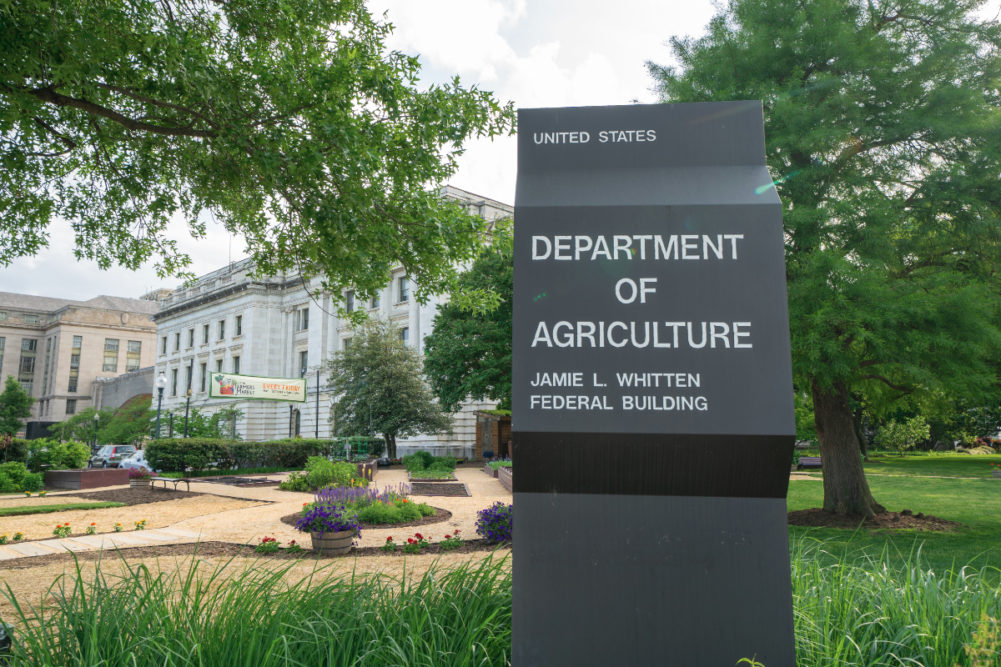WASHINGTON — The US Department of Agriculture created two new grant programs that together will pour up to $125 million into the meat and poultry supply chain.
The Indigenous Animals Harvesting and Meat Processing Grant Program and the Local Meat Capacity Grant Program are part of the Biden administration’s investment of $1 billion from American Rescue Plan funds that supports midsized meat and poultry processors in the expansion of processing capacity.
“This is the latest step in USDA’s transformational work to fill gaps and help small and underserved producers market their products, support thriving local and regional food systems by investing in processing capacity that’s closer to farms and alleviate major bottlenecks in food and agricultural supply chains,” said Agriculture Secretary Tom Vilsack. “Importantly, we’re also taking steps to increase the overall availability of protein from indigenous animals like bison, reindeer and salmon, which have been the backbone of tribal food systems for generations.”
The Local Meat Capacity Grant program focuses on supporting processors with smaller-scale projects that increase local meat processing availability and variety. The up to $75 million in grants will fund equipment and expansion projects.
“These Local Meat Capacity grants will provide local livestock and poultry producers with more and better options by modernizing, diversifying, and decentralizing processing capacity,” said Jenny Lester Moffitt, USDA marketing and regulatory programs under secretary.
The Indigenous Animals Harvesting and Meat Processing Grant Program provides up to $50 million toward improving tribal nations’ supply chain resiliency. The program seeks to create and expand value-added infrastructure related to indigenous animal meat like bison, reindeer or salmon. Projects funded through the program will include expansions for harvesting, processing, manufacturing, storing, transporting, wholesaling and distribution of indigenous meats.
“For too long, Native American farmers and ranchers have been asked to produce more to meet increasing demand across the country and around the world, while they and the tribal communities they come from have struggled to see their fair share of the benefits,” said USDA Under Secretary for Rural Development Xochitl Torres Small. “Under the leadership of the Biden-Harris administration, USDA is proud to offer this investment in tribal nations’ food chain resiliency as a part of USDA’s broader efforts to restore indigenous food ways. By expanding and enhancing local processing capacity, these projects will provide culturally appropriate food and community food security to tribal communities.”



